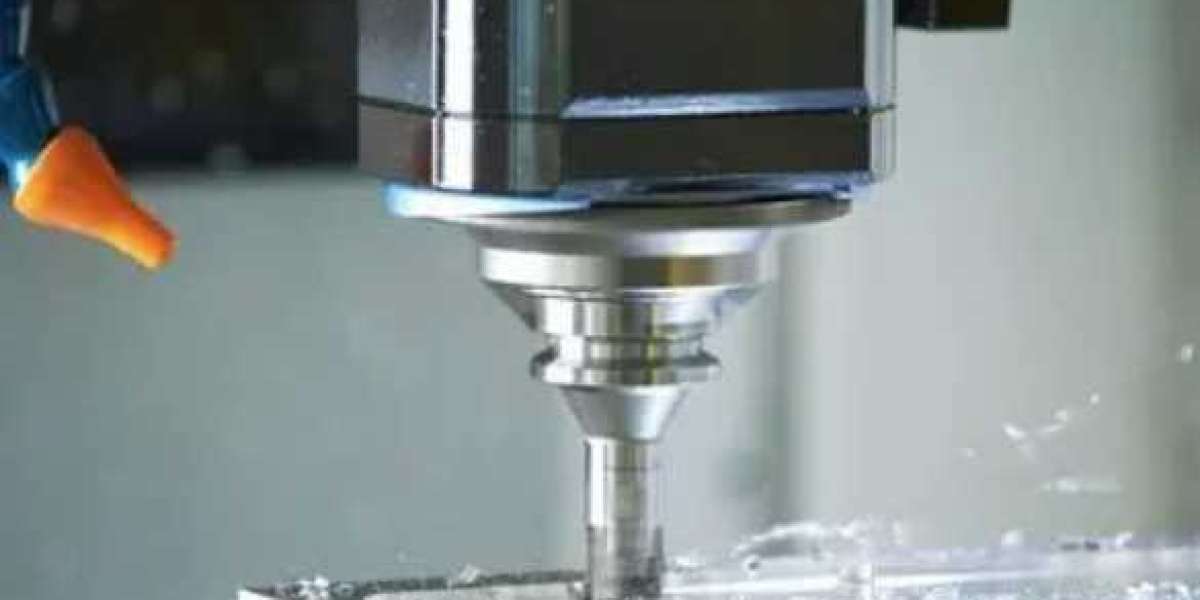In the rapidly evolving landscape of manufacturing, CNC (Computer Numerical Control) drilling techniques have seen significant advancements, pushing the boundaries of precision and efficiency. These innovations not only enhance productivity but also improve the quality of finished products across various industries.
1. Advanced Tooling and Materials
One of the most notable innovations in CNC drilling is the development of advanced tooling materials, such as coated carbide and high-speed steel. These materials offer increased durability and heat resistance, allowing for higher cutting speeds and longer tool life. This leads to reduced downtime and lower costs, making operations more efficient.
2. Multi-Axis Machining
The introduction of multi-axis CNC machines has revolutionized drilling techniques. Traditional machines operate on two or three axes, limiting the complexity of parts that can be produced. However, multi-axis CNC machines can operate on five or more axes, enabling the creation of intricate geometries and reducing the need for multiple setups. This capability not only saves time but also enhances accuracy, resulting in superior quality components.
3. Adaptive Machining
Adaptive machining technology uses real-time data and feedback to adjust drilling parameters dynamically during operation. This innovation allows CNC machines to adapt to varying material conditions and drilling environments, optimizing performance and reducing the risk of tool wear or failure. By continuously monitoring the process, manufacturers can ensure consistent quality and efficiency.
4. Integration of IoT and Automation
The Internet of Things (IoT) is transforming CNC drilling by enabling machines to communicate with each other and with centralized systems. This integration allows for real-time monitoring, predictive maintenance, and data analytics. Manufacturers can gather valuable insights into machine performance, identify bottlenecks, and implement corrective actions proactively. Automation further streamlines the drilling process, minimizing human intervention and reducing the potential for errors.
5. Eco-Friendly Innovations
Sustainability is becoming increasingly important in manufacturing. Innovations in CNC drilling techniques are also focusing on reducing environmental impact. This includes the use of eco-friendly cutting fluids, energy-efficient machinery, and processes that minimize waste. By adopting these practices, manufacturers can meet regulatory requirements and appeal to environmentally conscious consumers.
Conclusion
The landscape of CNC drilling techniques is rapidly evolving, driven by cutting-edge technologies and innovations. These advancements not only enhance precision and efficiency but also contribute to sustainable manufacturing practices. As the industry continues to embrace these changes, the future of CNC drilling looks promising, paving the way for even greater advancements in production capabilities. Manufacturers who stay ahead of the curve will be well-positioned to thrive in this competitive market.


